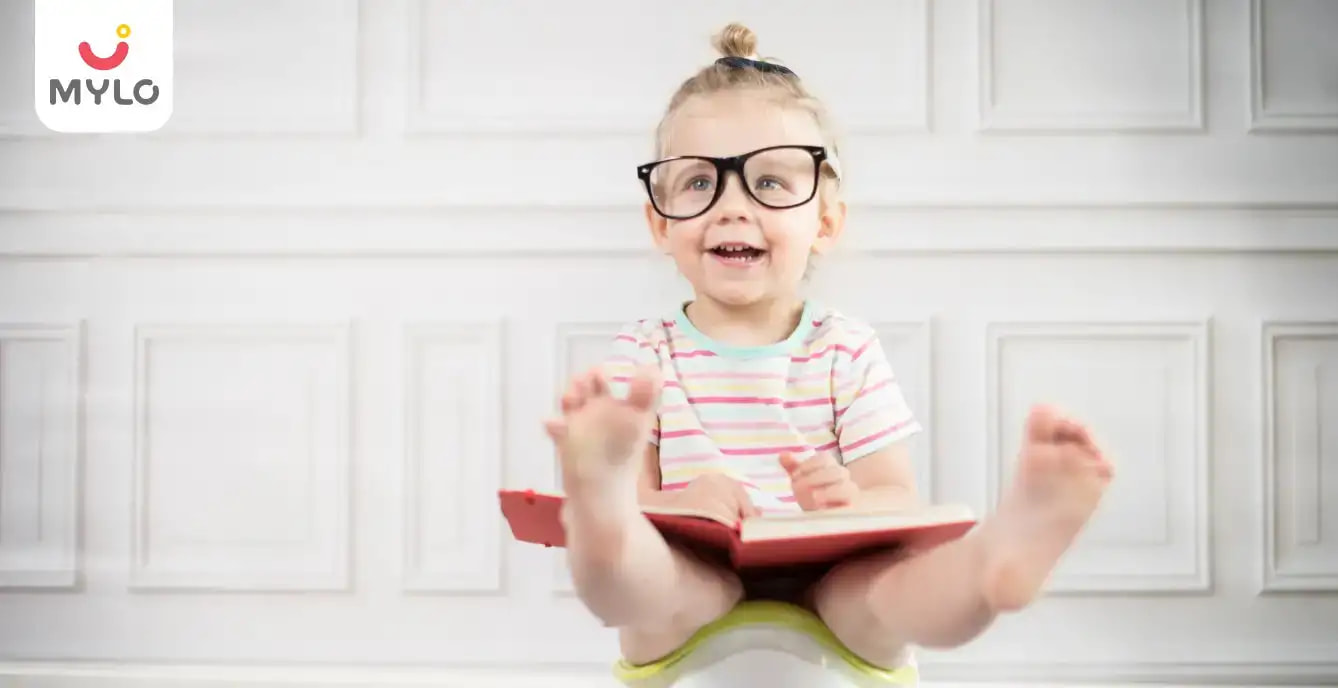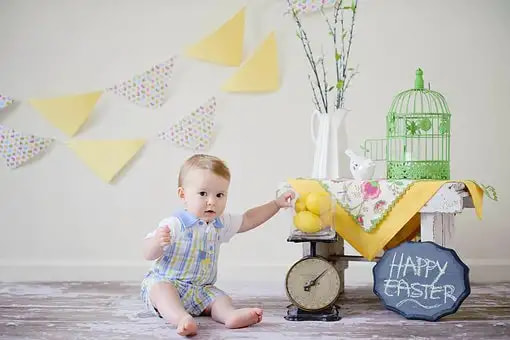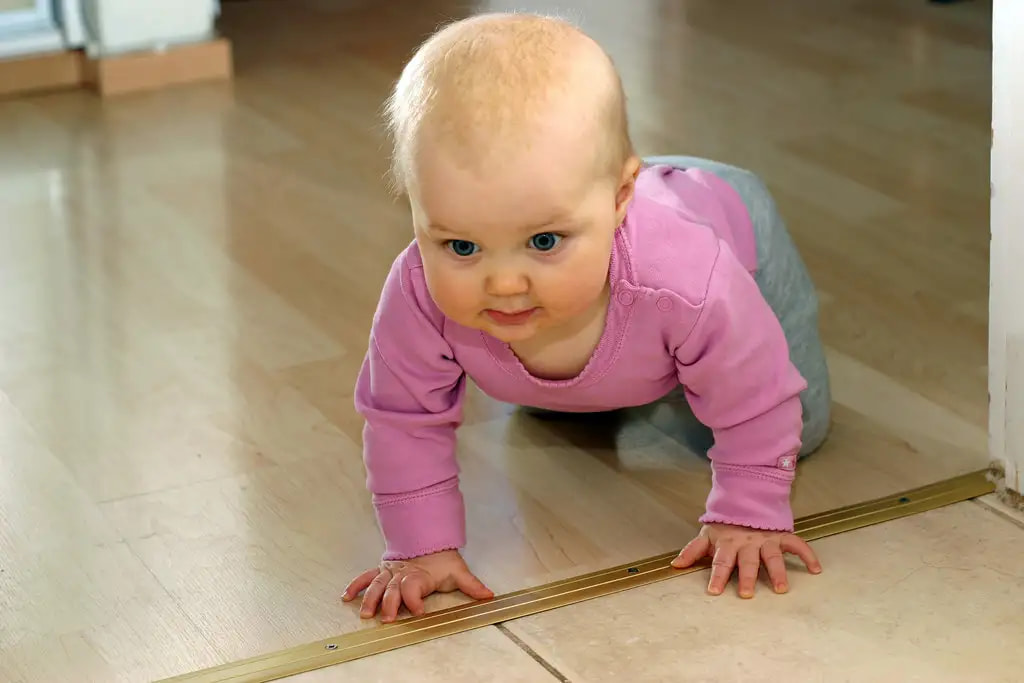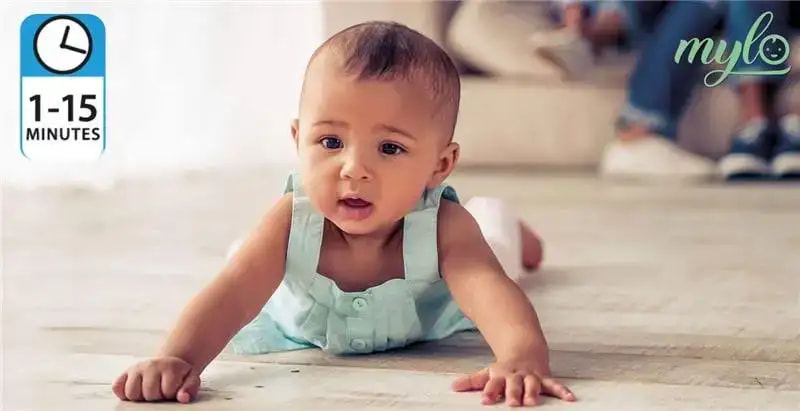Home

Potty Training

The Do's and Don'ts of how to effectively handle toilet training for your child
In this Article

Potty Training
The Do's and Don'ts of how to effectively handle toilet training for your child
Updated on 27 January 2023
Do's and Don'ts when Potty Training Your Child
There is no definite time to start potty training. But you need to look out for the following signs which indicate that your little one is ready.
Physical signs: The first thing you want to check is whether your baby can walk or not. You may also want to wait and see if he/ she has a well-formed bowel movement at a particular time.
Observation: Wait and watch, if your baby can quietly sit at one place for a time period of over five minutes. When a child starts to dislike the feeling of a wet diaper or shows signs of bowel movement, it is a good indicator to start with potty training.
Other signs: Important behavioural signs include being cooperative, demonstrating the ability to sit at a place and desire for independence.
Do’s and Don’ts for Potty Training
Here are a few things you need to bear in mind while working on potty training with your little one.
Do’s
-
Be patient with your toddler and look for physical and behavioural signs
-
Make it fun and motivational to perform this activity. You can also motivate by offering a reward every time this activity is completed
-
Do have an emergency kit in hand such as extra underwear, shirts, socks, plastic bags and wet wipes
-
Discuss with your doctor and don’t be afraid to seek advice, if you see any potential problems
Don'ts
-
Don’t push or insist constantly when you start
-
Don’t aim to successfully teach at one go
-
Don’t compare your child with other children
-
Don’t show any signs of frustration or eagerness
-
Don’t set any deadlines, be realistic with your training expectations
-
Don’t use clothes which can be difficult to manage
-
Don’t worry too much, these things take time
Potty training requires patience with your young ones and helping them to learn, which is also a step towards making them more independent.



Written by
Charu Pratap
Charu has been a seasoned corporate professional with over a decade of experience in Human Resource Management. She has managed the HR function for start-ups as well as established companies. But aside from her corporate career she was always fond of doing things with a creative streak. She enjoys gardening and writing and is an experienced content expert and linguist. Her own experiences with motherhood and raising a baby made her realize the importance of reliable and fact-based parenting information. She was engaged in creating content for publishing houses, research scholars, corporates as well as for her own blog.
Read MoreGet baby's diet chart, and growth tips

Related Articles
Related Topics
RECENTLY PUBLISHED ARTICLES
our most recent articles

Pregnancy Journey
Top 10 Precautions you must take while Celebrating Christmas and New Year During Covid
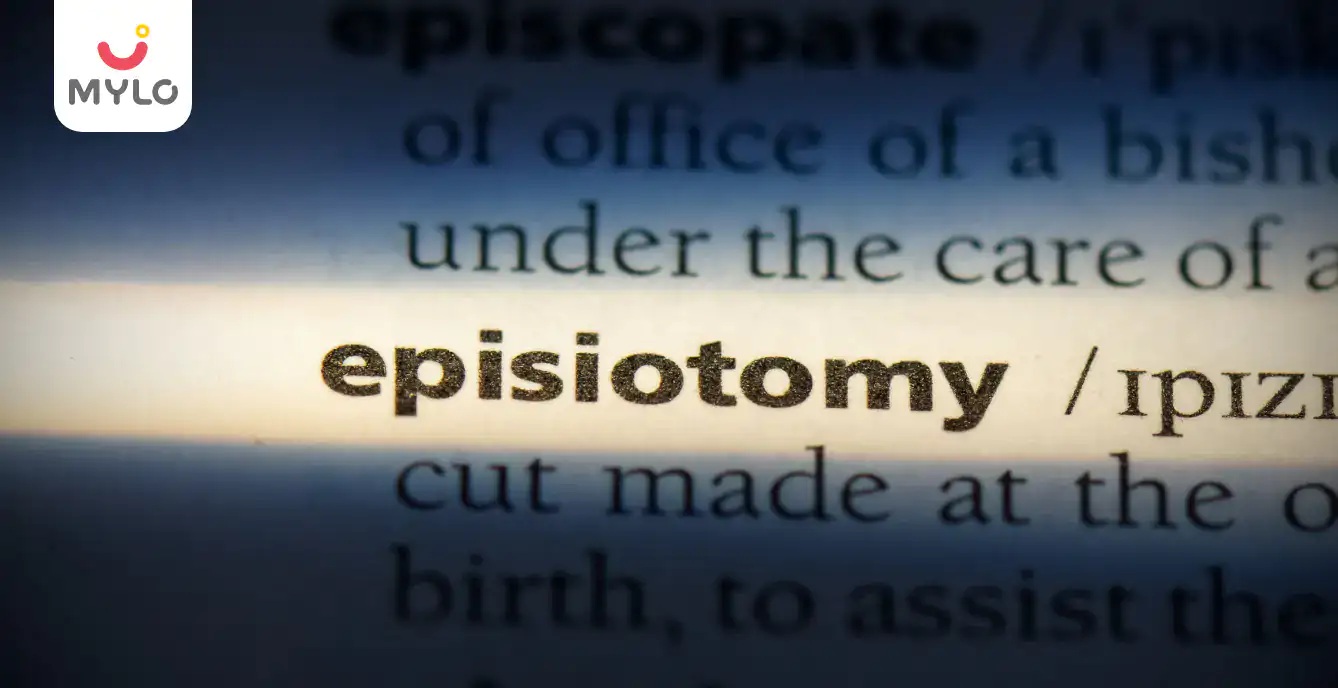
Episiotomy
Episiotomy Care: Meaning, Reasons & Risks
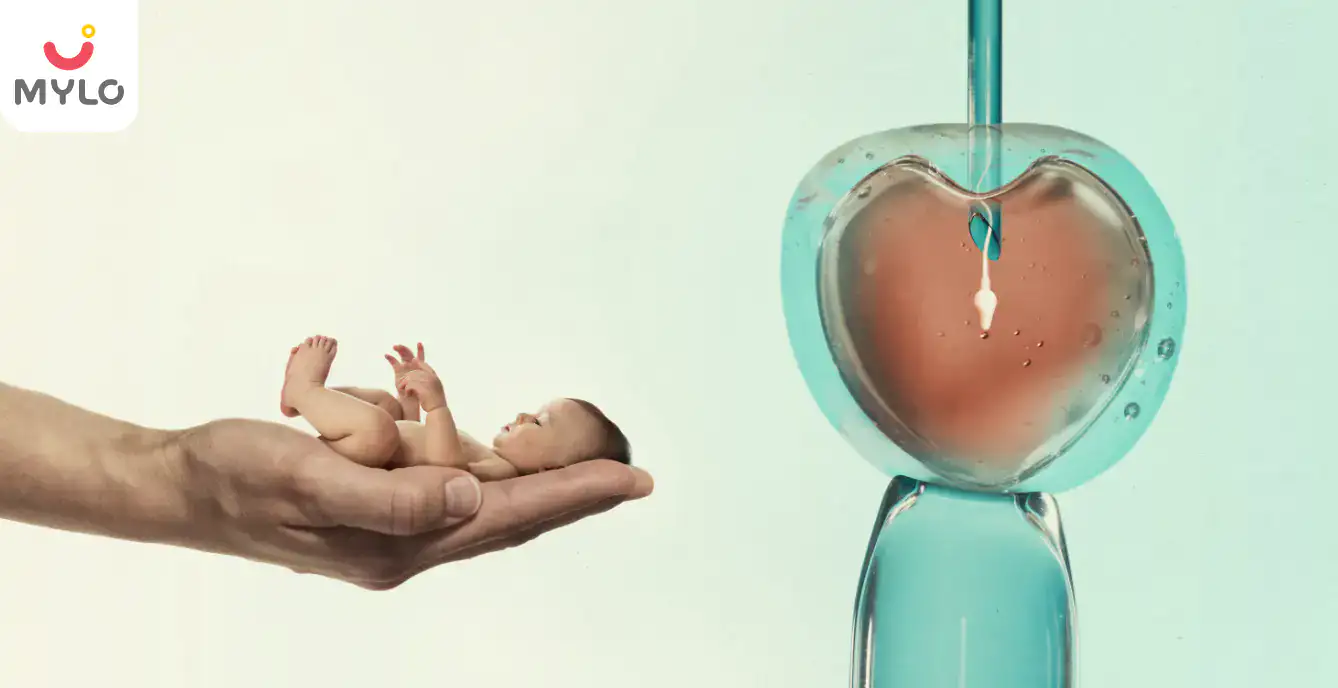
In Vitro Fertilization (IVF)
7 Most Popular IVF Myths Busted
Sex Life
Is It Safe to Have Sex During Pregnancy and After Delivery?
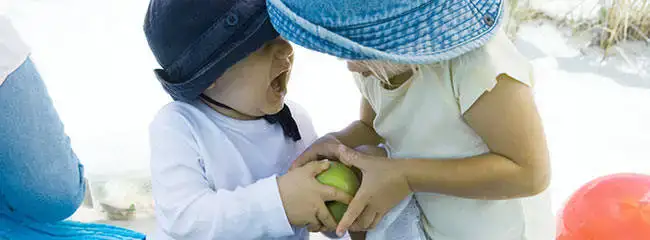
Emotions & Behaviour
How to Teach Your Toddler Not to Hit?

Vitamins & Supplements
An Expecting Mother's Guide to Vitamins & Supplements in Pregnancy
- Use of Air Conditioners & Coolers for Newborns
- Neonatal Jaundice: Causes, Symptoms & Treatment
- Depression During Pregnancy: Causes, Risks & Treatment
- Discover the 10 Best Shows on Netflix in 2023!
- Eating Spicy Food During Pregnancy: Is it Safe or Not?
- 7 Tips to Help Your Toddler Transition From Potty to Toilet
- Embryo Freezing: Purpose & Outcome
- Exercises to Help Strengthen Weakened Pelvic Floor Muscles
- How Moms are Approaching 2023 - Mylo's Survey This Year End
- Second Trimester of Pregnancy
- Third Trimester of Pregnancy
- Mylo Care Stretch Marks Cream Review
- How to Cure Breathlessness in Pregnancy Using 8 Natural Ways?
- Top 10 ways in which coconut water can help during pregnancy


AWARDS AND RECOGNITION

Mylo wins Forbes D2C Disruptor award

Mylo wins The Economic Times Promising Brands 2022
AS SEEN IN

- Mylo Care: Effective and science-backed personal care and wellness solutions for a joyful you.
- Mylo Baby: Science-backed, gentle and effective personal care & hygiene range for your little one.
- Mylo Community: Trusted and empathetic community of 10mn+ parents and experts.
Product Categories
baby carrier | baby soap | baby wipes | stretch marks cream | baby cream | baby shampoo | baby massage oil | baby hair oil | stretch marks oil | baby body wash | baby powder | baby lotion | diaper rash cream | newborn diapers | teether | baby kajal | baby diapers | cloth diapers |



